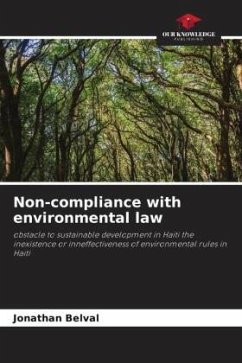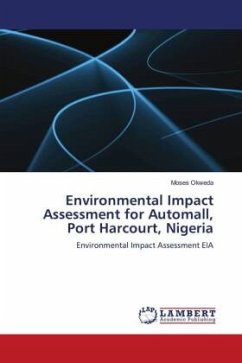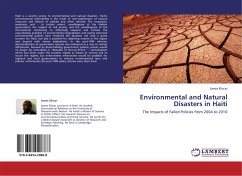Man has the duty to contribute individually or collectively to the safeguarding of the natural heritage, because the environment constitutes a common heritage. The environment represents a set of natural conditions in which living organisms, in particular human beings, develop. The human being needs a framework in which to evolve. In Haiti, there are serious environmental problems ranging from deforestation to desertification, from the destruction of natural parks to the disappearance of ecosystems, from the rarefaction to the extinction of species, from the drying up of waterways to the erosion of biodiversity, from overpopulation to slums. The high seas have become the dumping ground par excellence for toxic waste, which has harmful consequences on marine biodiversity and on the capacity of the seas to produce the fishery resources necessary for human consumption. This level of environmental degradation seems to be reaching a point of no return. For the humanitarian good, it isan imperative to redress the balance in order to restore or repair the integral nature.
Bitte wählen Sie Ihr Anliegen aus.
Rechnungen
Retourenschein anfordern
Bestellstatus
Storno








